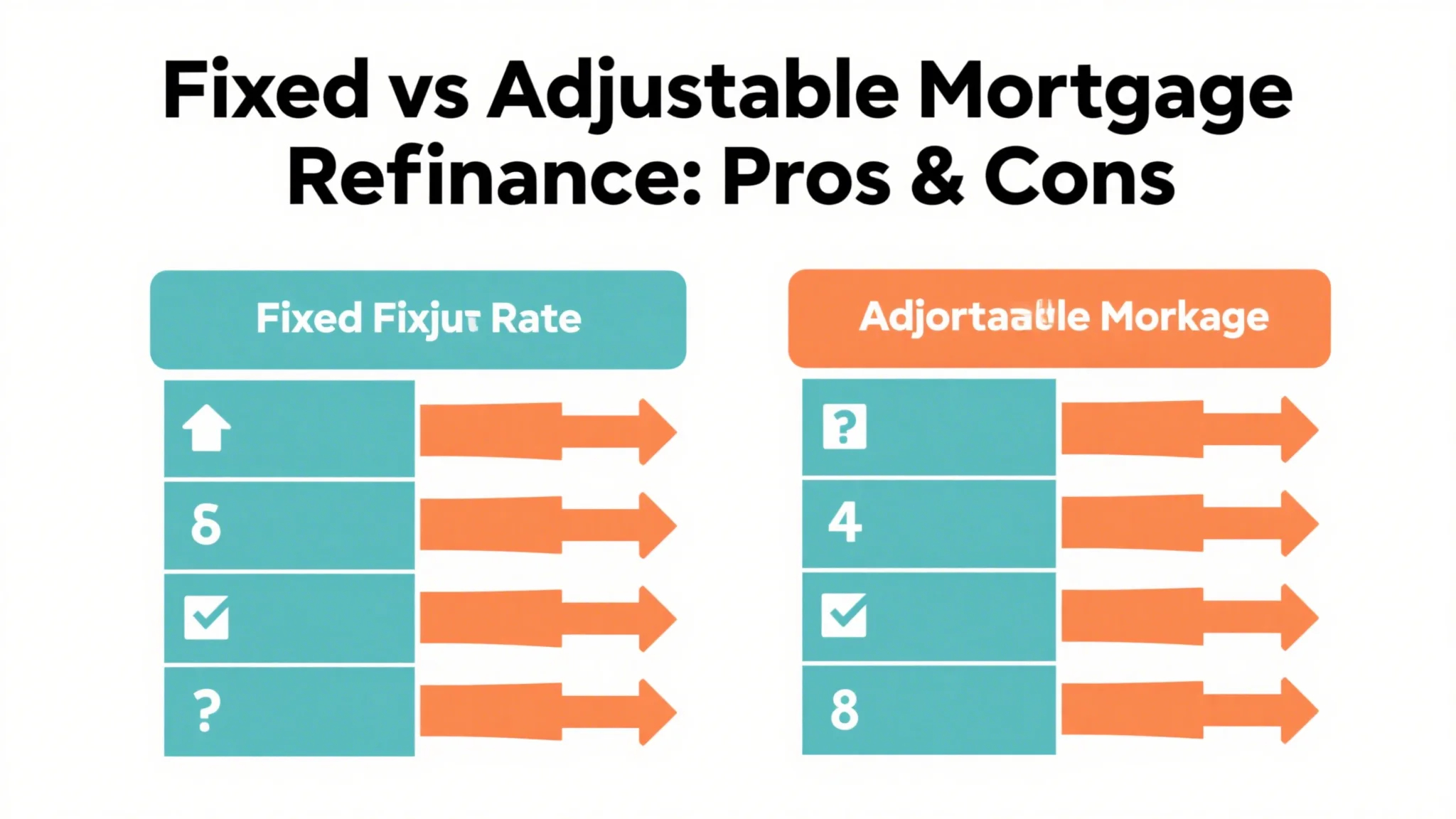Understanding Emotional Distress After an Accident
Emotional distress is a prevalent yet often disregarded outcome of accidents. It can manifest in various forms, such as anxiety, PTSD, or depression, significantly impacting one’s quality of life. This article delves into the legal aspects of claiming emotional distress and offers guidance on navigating such claims.

What is Emotional Distress?
Emotional distress refers to the psychological trauma resulting from a physically harmful event. It’s not just temporary worry but a prolonged mental health issue. Symptoms can include flashbacks, chronic anxiety, and sleep disturbances, affecting daily functioning.
The Impact of Emotional Distress
Emotional distress can disrupt personal and professional life, leading to strained relationships and reduced productivity. Recognizing these effects is crucial for seeking legal recourse. It’s important to document symptoms and seek medical evaluation to substantiate a claim.
Legal Basis for Emotional Distress Claims
In legal terms, emotional distress must be a direct result of the defendant’s negligence. Different jurisdictions have varying standards, such as requiring physical injury as evidence. However, some allow claims based solely on the distress caused.
Navigating the Legal Process
Consulting a Personal Injury Attorney
A skilled attorney is essential for guiding through the legal process. They can assess the situation, gather evidence, and determine the validity of the claim. Their expertise is invaluable in ensuring a successful outcome.
Documentation and Evidence
Gathering evidence is crucial. This includes medical records, police reports, and witness statements. Psychological evaluations can strengthen the claim, proving the distress’s severity and its link to the accident.
Challenges in Claiming Emotional Distress
Claims can face challenges, such as proving causation or the distress’s severity. Defendants may argue against the claim’s validity, making it vital to have robust evidence and a strong legal team.
Emotional Distress Claims Without Physical Injury
Some jurisdictions allow claims without physical injury, focusing on the distress’s impact. However, evidence must be compelling, often requiring expert testimony.
Emotional distress after an accident is a legitimate claim with the right approach. By understanding the legal landscape and seeking expert guidance, individuals can seek justice and compensation. Prioritize mental health and consult professionals to navigate the process effectively.




